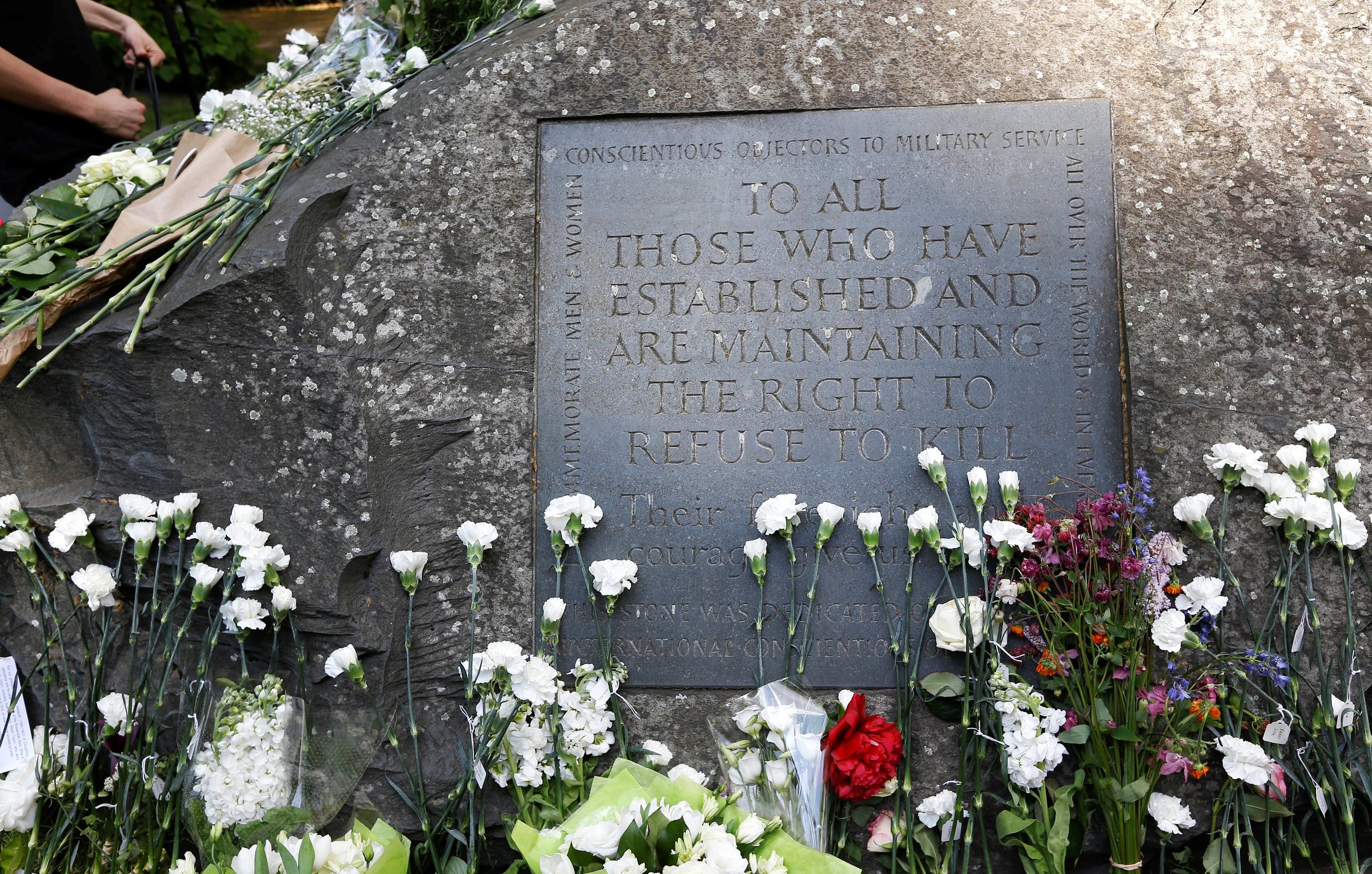Warring Over Conscientious Objection
“I cannot serve because I am a Christian.”
With those words, a 21-year-old Christian in the third century sealed his fate. According to the short work The Acts of Maximilian written shortly thereafter, the young man from modern Algeria found himself before Roman authorities who ruled the area. As officials demanded he be fitted for battle and accept the military seal with the emperor’s image, he refused.
“I already have the seal of Christ, who is my God,” Maximilian insisted. “I cannot serve the world.”
The account ends with the Romans beheading Maximilian on March 12, 295. That makes him the first recorded Christian killed for being a conscientious objector. There were likely others before him since the early church leaders taught for the first few centuries that Christians shouldn’t serve in the Roman military. Earlier recorded martyrdom accounts highlighted the executions because of their faith declarations, though preaching against taking up arms for the emperor likely added to the reasons for such persecution by the empire.
In honor of his witness, a group of U.S. clergy opposed to the Vietnam War called themselves “The Order of Maximilian.” A military official complained about them in the Armed Forces Journal in 1971 as “a community of turbulent priests and clergymen” who visit military bases to offer spiritual counseling “in the name of their saintly draft-dodger.”
While no longer the dominant Christian position that it was during Maximilian’s day, some Christian traditions still teach nonviolence and encourage contentious objection status to military drafts. And in the modern era, it’s even been recognized as a right by international authorities.
“The right to conscientious objection to military service is based on the right to freedom of thought, conscience, and religion or belief,” the United Nations explained. “States should release individuals who are imprisoned or detained solely on the basis of their conscientious objection to military service.”
As one UN leader put it, this is “the right to refuse to kill.” The UN also encourages the use of “alternative service” in non-combatant or civilian roles for those who object to fighting, provided that the service isn’t punitive and matches the duration of military service.

However, it seems each war brings this old conflict to a head as military officials seek to punish people who invoke their religious convictions in a refusal to take up arms. The Russian war in Ukraine is no exception. Since Russia invaded its neighbor last year, both countries have been confronted with what to do with a Christian who refuses to fight in the war because of religious beliefs. And the militaries in both countries have sought to punish those who echo the ancient words of Maximilian: “I cannot serve because I am a Christian.”
So this issue of A Public Witness scopes out the controversies in Russia and Ukraine about conscientious objectors before considering what lessons we might learn to see more clearly despite the fog of war.




